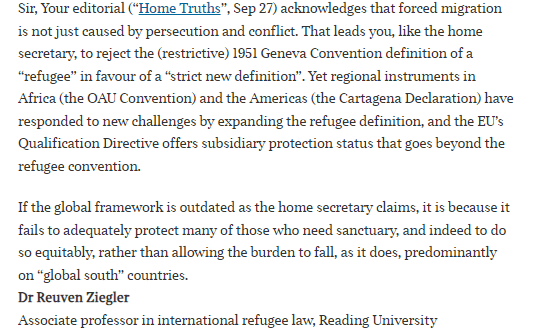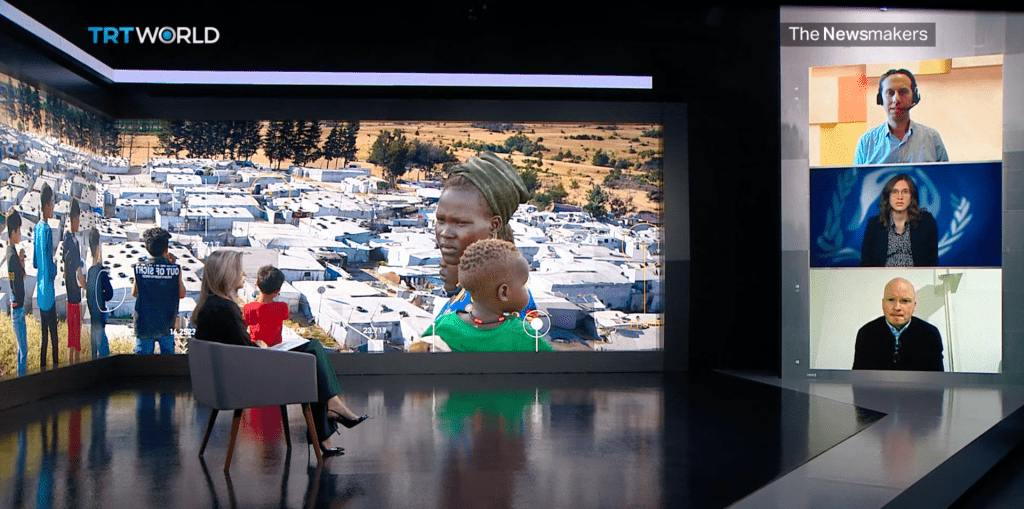 by Dr Wangwei Lin
by Dr Wangwei Lin
This term, Reading Law School successfully ran its first COIL project with Ritsumeikan Asia Pacific University (APU), Japan, and Coventry University on a student-led ESG COIL research project, based on its International Corporate Governance and the Law module.
The Internet serves as a crucial platform for Internationalisation at Home (Crowther et al, 2001; Leask, Beelen, and Kaunda 2013) through the establishment of virtual classrooms, accommodating participants from various countries. The concept of virtual mobility then quickly became recognised as a descriptor for cross-border educational exchanges that are realised through engagement in technology-enabled networks (Sweeney, 2014).
The virtual mobility projects, commonly known as Collaborative Online International Learning (COIL), facilitate online engagements between students in the UK and their counterparts at universities outside the UK. This allows them to collaborate on tasks or activities specific to their subject area while cultivating essential employment qualities such as digital skills and intercultural competence (Deardorff, 2006). Initiatives involving virtual mobility stand out as some of the most adaptable and inclusive strategies for offering opportunities for international experiences. Through the COIL programme, universities and broader educational entities can serve as vital contributors to enhancing students’ intercultural competence (Bergan, Restoueix, and Council of Europe, 2009; Higher Education Academy, 2014).
In this first COIL project of the University of Reading, the students of the three international institutions play a central role. The academic staff, including Dr Wangwei Lin of Reading Law School, Professor Rebecca Chunghee Kim of Ritsumeikan Asian Pacific University, and Dr Neshat Safari of Coventry Law School, contributed to the design and facilitation of the COIL project. Instructors from all collaborating universities shape the learning activities.
In the UK-Japan COIL project, the selection and application of technologies and other arrangements such as setting the right class time to accommodate time zone differences are fundamentally guided by pedagogical factors. Such choices consistently have to harmonise with the design of cooperative engagements, all of which are rooted in the anticipated learning outcomes students aim to achieve after participating in the International Corporate Governance and the Law module.
Reading LLM law students participating in digital discussions are facilitated by Zoom and Open Moodle with MBA students in APU in Japan. Students engage in in-depth discussion and collaborative tasks that result in the creation of analytical and critical ESG reports on major corporations in various industries in the West and East.
As the first COIL project in Reading Law School, the ESG COIL project International Corporate Governance and the Law module provides critical pedagogical feedback guiding in the direction of improvement. The primary driving forces for students to participate in the COIL project are the set learning objectives and the chance to engage with individuals from different countries. Yet, it’s crucial to note that in an environment where students juggle numerous responsibilities, the absence of formal recognition or credit can result in losing interest after the initial enthusiasm. It became evident that when COIL tasks were integrated into the module’s curriculum activities, students treated them as standard seminar or workshop assignments, ensuring sustained involvement. Conversely, when COIL tasks were not aligned with the subject matter and appeared to be mere add-ons, students saw them as unrelated to module evaluations. To improve the quality and frequency of participation, we will be seeking to align the activities with the module’s overall assessment where possible in the next COIL project.
The integration of COIL projects into the curriculum at Reading Law School demonstrates the transformative potential of virtual mobility at the University of Reading. By bridging geographical divides, COIL equips students with both academic insights and invaluable global competencies. The success of the inaugural COIL project, in collaboration with esteemed international institutions, is a testament to the commitment of Reading Law School to pioneering innovative pedagogical approaches. However, as with any new initiative, there are lessons to be learned. The feedback from this project demonstrates the importance of aligning COIL activities with core curricular objectives to ensure sustained student engagement. As we move forward, the emphasis will be on refining these virtual exchanges, ensuring they are not only academically rigorous but also align with the educational aspirations of law students. In an increasingly interconnected world, initiatives like COIL are becoming imperative. Reading Law School remains at the forefront of this educational evolution.
Bergan, S., J. P. Restoueix, and Council of Europe (2009) Intercultural dialogue on Campus. Strasbourg: Council of Europe Publishing.
Crowther, P., Joris, M., Otten, M., Nilsson, B., Teekens, H., & Wächter, B. (2001) Internationalisation at home: A position paper. Amsterdam: EAIE.
Deardorff, D. K. (2006) Identification and assessment of intercultural competence as a student outcome of internationalization. Journal of Studies in International Education, 10 (3): pp 241–266.
Leask, B., J. Beelen, and L. Kaunda. (2013) Internationalisation of the curriculum: international approaches and perspectives In: H. de Wit, F. Hunter, L. Johnson, and H.G. Van Liempd, eds. Possible Futures: The Next 25 Years of the Internationalisaton of Higher Education. Amsterdam: European Association for International Education.
Sweeney, S. (2014) Going Mobile: Internationalisation, Mobility and the European Higher Education Area. York: The Higher Education Academy.
Higher Education Academy (2014) Internationalising Higher Education Framework. Available at: https://www.heacademy.ac.uk/workstreams-research/themes/internationalisation/internationalisation-framework [Accessed 1 October 2023].




 by Dr Wangwei Lin
by Dr Wangwei Lin





 See Ruvi’s discussion on
See Ruvi’s discussion on